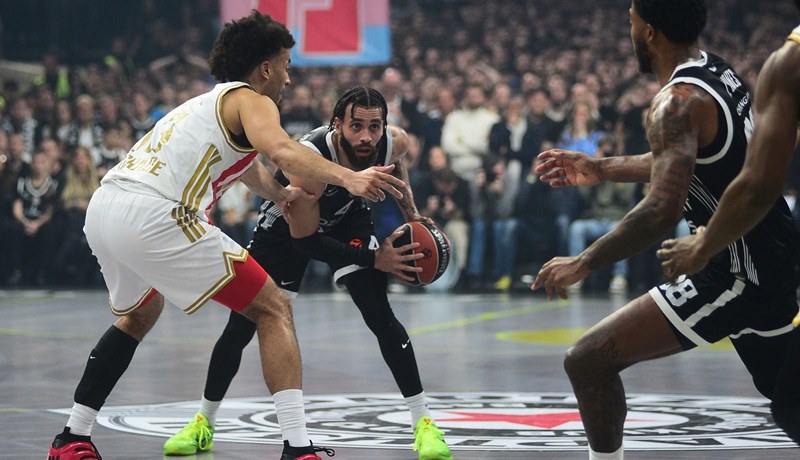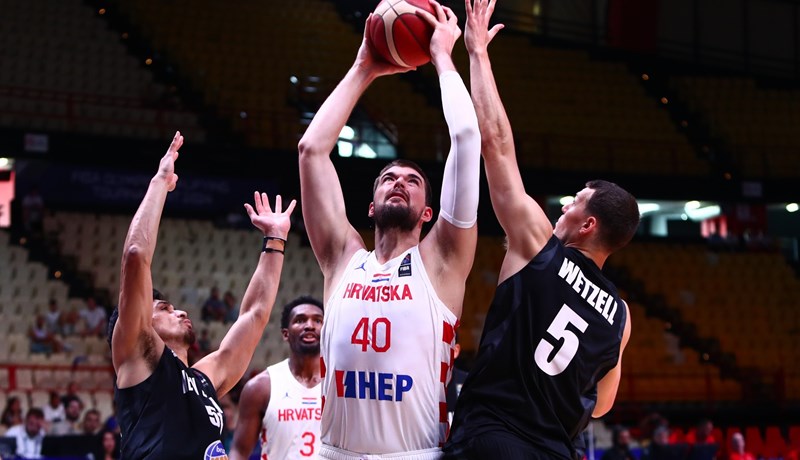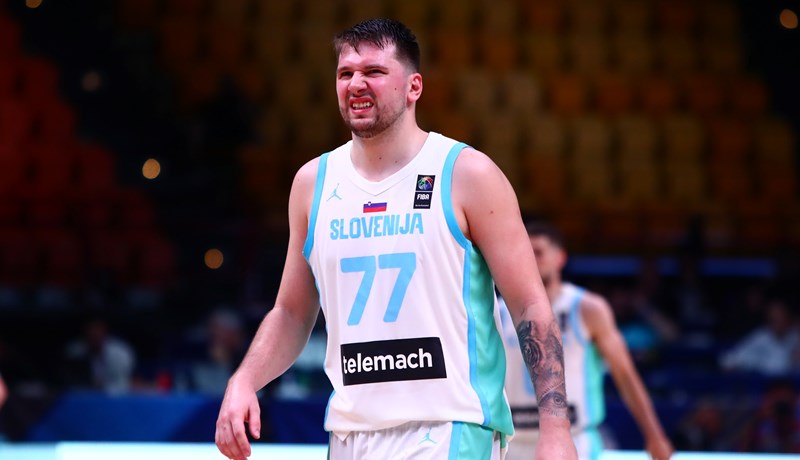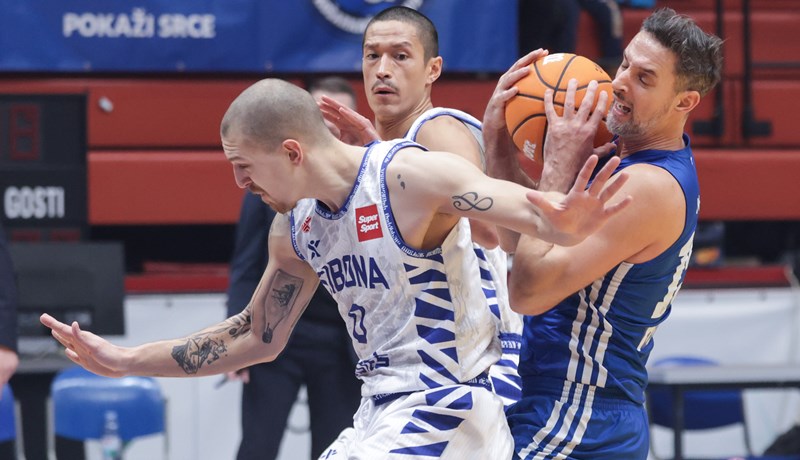Rasheed Wallace to the CelticsPROS: Wallace's immense physical talents can conceivably cover every aspect of the game — rebounding, scoring from the pivot and the outlands, defending, blocking shots, passing and playing with intelligence. You name it and he can do it. He certainly adds incredible variety to the totality of Boston's game. Indeed, Rasheed and KG can play high-low, in-out and whatever combinations Doc Rivers can devise. A big-time addition for a big-time team.
CONS: Because of his volatile history, there's always a significant chance that Rasheed will poison the Celtics' team chemistry. In fact, several Hall-of-Famers have used the same term to describe Wallace's effect on his previous teams: "a cancer." And then there's Rasheed's unfortunate habit of playing hard only when the spirit moves him. On a more tactical level, Wallace's presence will undoubtedly mean reduced minutes for Kendrick Perkins, which will greatly inhibit the young big man's development. Even worse, Glen Davis now becomes the fourth big in a three-big rotation, so it's reasonable to assume that Big Baby will try to find a new home where his own playing time will befit his rapidly improving game. Ultimately, all of these changes translate into a much diminished physical presence in the paint for the Celtics.
PROGNOSIS: Expect that KG's manic energy will serve to keep Wallace from sleepwalking through too many games. Also expect that the very real opportunity to compete for the championship will keep a lid on at least the most outrageous of Wallace's on-court behavior. If Rasheed can buy into the Celtic way of doing things, then Boston will eventually trump the Cavs' Shaq-advantage.
Ron Artest to the LakersPROS: Although he's lost a half-step, Artest can still play ferocious defense against most shooting guards, small forwards and power forwards. In-your-face belligerence is his modus operandi, and he has the strength, the skills and the willpower to back up his sometimes over-the-top trash talking. On offense, Ron-Ron can score from far and near and can also create his own shots. He can also rebound at both ends and when he's in a passing mode, can make excellent decisions with the ball.
CONS: Warp-speed opponents can sometimes burn him. He tends to dominate the ball and force too many shots. Throughout his career, Artest's performances in clutch playoff games have been disappointing. And there's always the question of his going berserk at inopportune times both on and off the court.
PROGNOSIS: Whereas the departed Trevor Ariza was a quick-footed sniping defender, Artest provides the Lakers with power defense and is therefore better suited to deal with the likes of LeBron, Paul Pierce and Carmelo Anthony. His versatility will also be a boon to the champs. Teams can generally deal with having a single loony on their roster — and with Phil Jackson's experience in this theater (with Dennis Rodman), plus Artest's joy at finally landing in L.A., Ron-Ron should be on his best behavior.
What the Lakers lose in team speed, they more than gain with the upgrade in toughness that Artest brings.
Trevor Ariza to the RocketsPROS: On defense, he beats his man to incoming passes, strips careless dribblings, blocks shots and chases down even the most open fast-break layups. On offense, he has terrific range on his stand-still jumpers, finishes in traffic, gets out and goes.
CONS: He can't create his own shots, has no pull-up game and is only an adequate passer. He also can be bullied on defense.
PROGNOSIS: He will make the Rockets quicker, but he won't help the effectiveness of their half-court offense. Moreover, even though Ariza's agent swears that "it wasn't about the money," it was.
Vince Carter to the MagicPROS: He gives Orlando a superior degree of athleticism the team so sorely lacked. Carter, likewise, boosts the Magic's team speed while also enabling them to overcome their frequent periods of offensive lassitude. Indeed, the dynamism of his self-created scoring opportunities will generate more space and time for his teammates to score.
CONS: To put it kindly, Carter is extremely unreliable in the clutch. However, since he'll be the only player with the size, quickness and talents who's guaranteed to get off a makeable shot during critical possessions, the burden of taking win-or-lose shots will doubtless fall to Carter. And his shaky pass-work will discourage Orlando from using Carter as a decoy in such tight situations. Even worse, because Carter is so thin-skinned, Stan Van Gundy's harsh public criticisms of his players will cause internal problems.
PROGNOSIS: Carter's presence will mean more spectacular highlights, less offensive stability, a touchy relationship between him and his coach and ultimately an underachieving season in Orlando.
Hedo Turkoglu to the RaptorsPROS: A deadly 3-point shooter with a quick release, Turkoglu is equally as dangerous a scorer when allowed to dribble left and pull. Clutch situations bring out the best in him. He can also execute timely passes (much better doing so when going to his right than to his left, however), pull down his fair share of rebounds and play excellent screen-and-roll basketball.
CONS: He's a step slow on defense and can be controlled by smaller, quick-footed defenders who can force him to go right.
PROGNOSIS: He's most effective when playing with a high-scoring pivot man — something that the Raptors still lack. Also, he weakens an already weak team defense. Despite his overly generous contract, Turkoglu will not be a game-changer. Here's hoping the joys of the increased company of his landsmen and the availability of Turkish culinary delights in cosmopolitan Toronto will offset the impossibility of Turkoglu's ever returning to the NBA Finals in his new digs.
Ben Gordon to the PistonsPROS: Gordon is an explosive scorer who can unilaterally carry a team in clutch moments. Possessed with an extraordinarily quick shot release, Gordon can finish, drain treys and score every which-way in between these extremes.
CONS: Although listed at 6-foot-3, Gordon is barely a 6-footer. As such, he's routinely overwhelmed on defense at the shooting guard slot. Trouble is, he's incapable of effectively running an offense at the point. So his only "defense" is to outscore whomever he's guarding.
PROGNOSIS: If he's serious about accepting a sixth-man role, then Gordon will be one of the most productive bench scorers in the league. In truth, replacing Allen Iverson with Gordon is virtually a lateral move.
Charlie Villanueva to the PistonsPROS: Another dynamic point-minded player, Villaneuva is a taller (6-foot-11) version of Gordon with the height differential necessarily leading to several major differences: Villanueva is more of a mid-range scorer and a much better rebounder. Like Gordon, he can get his points with no discernible help from his teammates. Like Gordon, he's capable of 30-plus-point outbursts. And like Gordon, he's unafraid to take big shots.
CONS: Like Gordon, Villanueva is a poor defender, is useless without the ball in his hands and is an inept passer.
PROGNOSIS: A stepped-up offense coupled with a stepped-down defense. Given this imbalance it's incumbent on Joe Dumars to continue to redesign Detroit's roster.
Zach Randolph to the GrizzliesPROS: In iso situations, he can score lefty points aplenty from both the low post and from the wing. And Randolph can even knock down an occasional triple. Equipped with adhesive hands, Randolph is also a bear on the boards.
CONS: He can't defend, move quickly, or pass.
PROGNOSIS: His arrival in Memphis will relegate Marc Gasol to the bench where he belongs and will take the pressure off of Hasheem Thabeet on offense. But Randolph's massive body and massive contract will jam up the middle and restrict any further significant player moves in the near future. At best, Memphis will surmount Milwaukee, Minnesota, Sacramento and New Jersey in the battle to avoid being the worst team in the league.
Jamal Crawford to the HawksPROS: With his lightning release, Crawford can get off a good shot whenever he so desires. As such, he's an explosive scorer who can go off on unbelievable binges. He has also earned a reputation for being solid in the clutch. Quick and scrappy at both ends, Crawford plays better the more he plays.
CONS: Takes an inordinate number of bad shots which, when they misfire, does nothing to discourage him from taking more of the same. Below average on several other counts: defense, passing and executing plays in the endgame.
PROGNOSIS: He'll add speed and a lively body to Atlanta's backcourt. But he's such a high-volume shooter that, unless he suddenly learns some discipline, it'll subtract from the normal number of shots that Joe Johnson and Josh Smith get to unleash. Even so, this could be the first season in Crawford's nine-year NBA career that he'll play on a winning ball club.
Mike Miller to the WizardsPROS: It used to be that Miller was a dead-eye perimeter shooter, but he's suffered through long stretches of invisibility the past two seasons. Assuming that he regains both his presence and his touch in Washington, he'll revert to being one more long-range bomber in the Wizards' considerable arsenal.
CONS: He's slow afoot and slow to react on defense. In order to get the kind of looks he requires, Miller needs to be on the receiving end of drives-and-dishes and/or assist-passes when coming off of weakside screens.
PROGNOSIS: Shooters need 10-12 shots per game to maintain their strokes. How many leftover shots will there be, however, after Gilbert Arenas, Antawn Jamison and Caron Butler have satisfied their own personal quotas?
Randy Foye to the WizardsPROS: He's an excellent 3-point shooter and all-around hustle-player.
CONS: Foye is a classic tweener, lacking the pass-first mentality of a point guard and without the reliable shots-on-the-move of a shooting guard. He's barely an average defender and is used to being his team's featured wing-scorer, but barring more roster moves, Foyle will have to radically adjust his mind-set.
PROGNOSIS: Flip Saunders' play book is thicker than "War and Peace," but he'll have to add another entire volume to plan for enough shots to keep all of the Wizards' shoot-first-and-never-ask-questions players happy.
Darko Milicic to the KnicksPROS: Theoretically, this guy can do it all. Rebound, block shots, hit mid-range jumpers, score in the low post and throw his body around in the paint.
CONS: Except for intermittent exceptions, Milicic has played like what he really wants to do is to take his ball and go home to Montenegro.
PROGNOSIS: During his six underwhelming seasons in the NBA, five coaches have unsuccessfully tried to light Milicic's fire: Larry Brown, Flip Saunders, Brian Hill, Marc Iavaroni and Lionel Hollins. Now it's Mike D'Antoni's turn to fail.
[uredio madmax17 - 07. srpnja 2009. u 16:14]
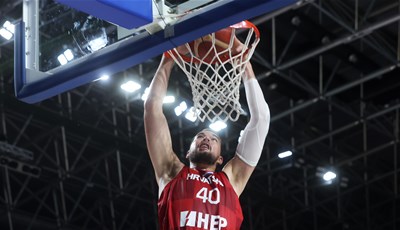
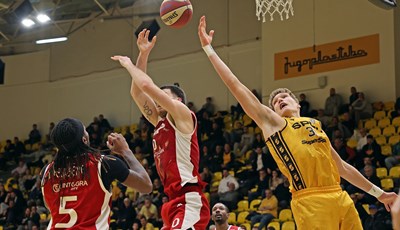
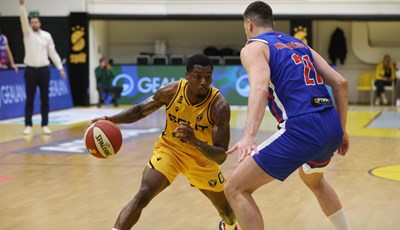
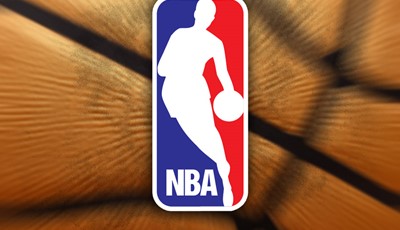
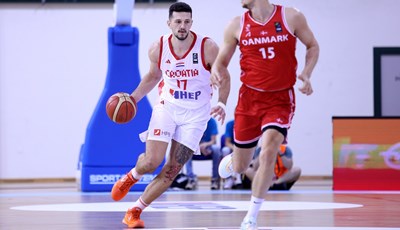
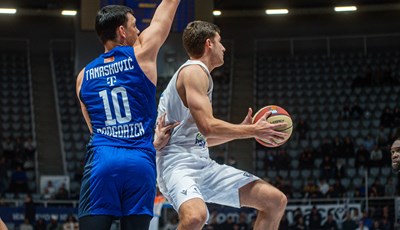
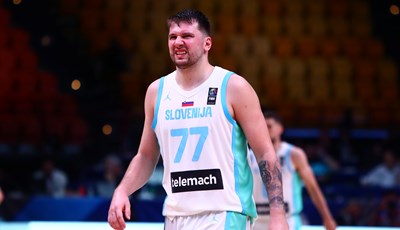
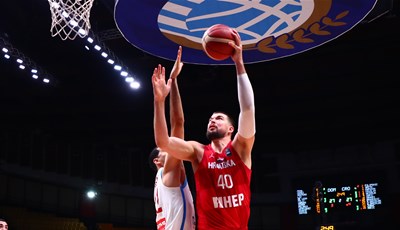
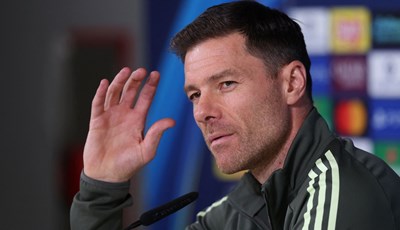
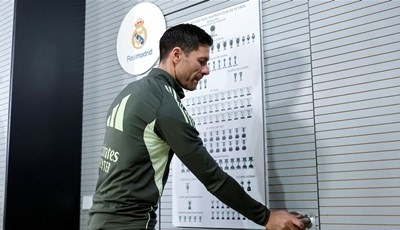
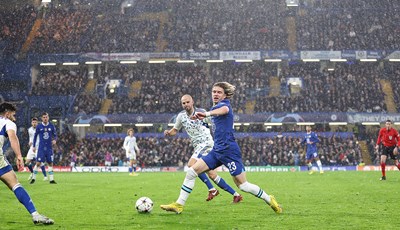
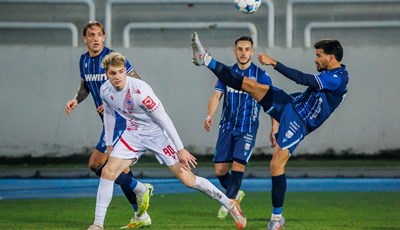
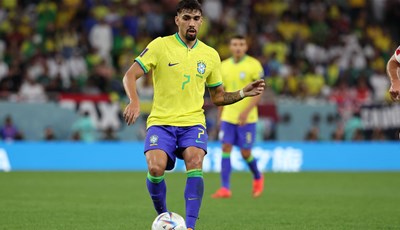
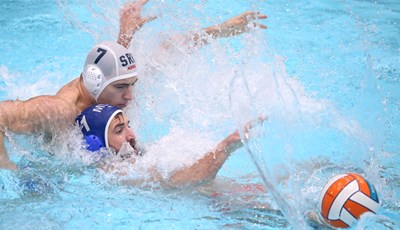
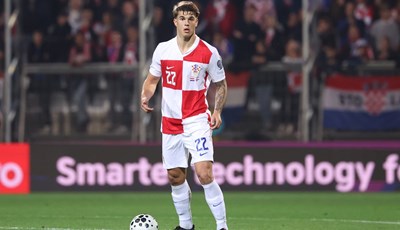




 ....
.... pitanje je želi li on van, mislim da može dobiti veće novce.
pitanje je želi li on van, mislim da može dobiti veće novce.